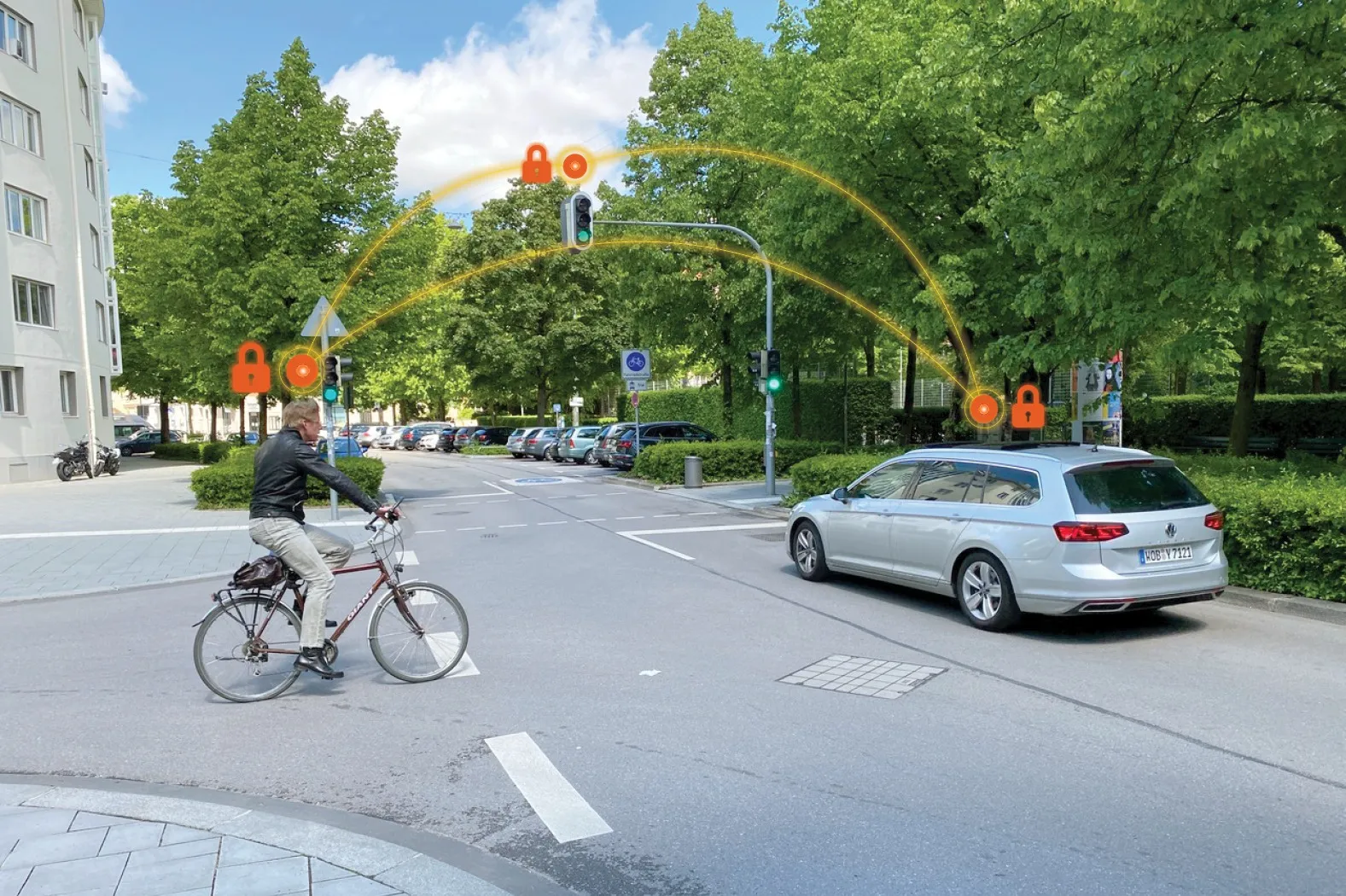Panasonic of North America, Qualcomm Technologies and Ford Motor have teamed up to bring cellular-vehicle-to-everything (C-V2X) technologies to Colorado. The partnership will assess C-V2X capabilities this summer on specific roadways throughout Panasonic's CityNow headquarters in Denver.
This agreement is an extension of a partnership between the Colorado Department of Transportation (CDoT) to integrate connected vehicle technology in the state.
June 4, 2018
Read time: 1 min
This agreement is an extension of a partnership between the
Under the CDoT programme,










